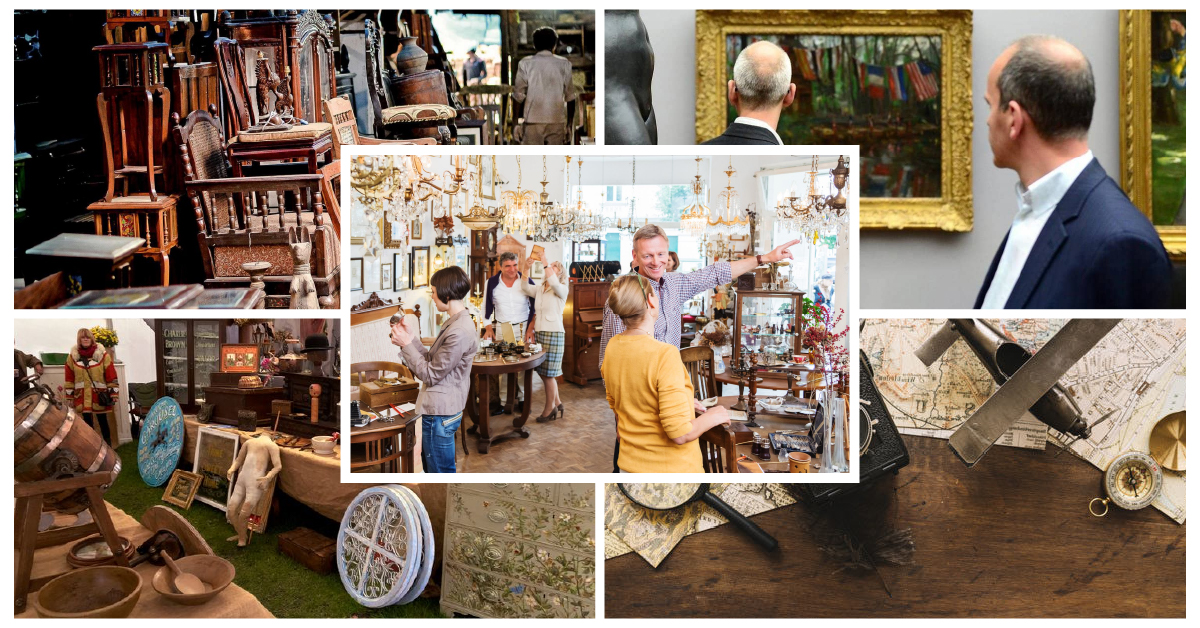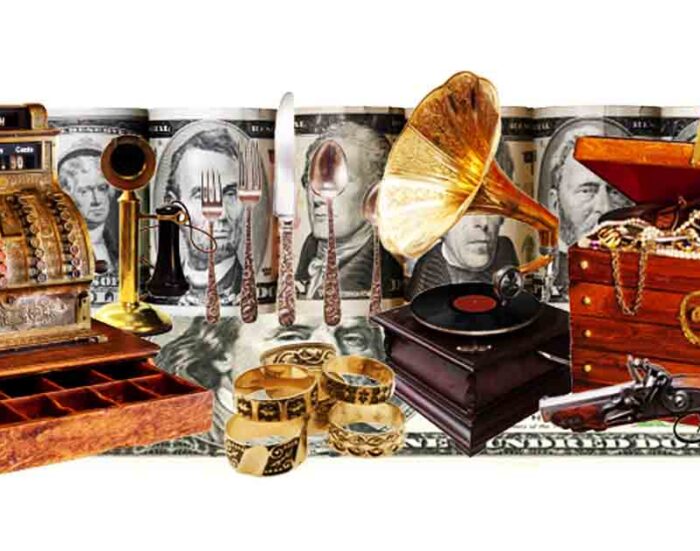How to use the internet to research the value of Antique – Antique Appraisal Online
Trying to find the value of an antique online may seem like a good idea, but it’s harder than you might think. The first question you have to ask yourself is where to look. A search for American antique appraisal is going to return thousands of results. Even if you can narrow down the results by type of antique or by a brand name, you’re still going to get many different results. Some of these results may not agree with each other on the value, either. Here are some result types you may come across.
Online Auctions
While some antique sellers rely on local antique buyers for their income, others sell their items online. You may find auctions for items that are very similar to the ones you have. How accurate are those prices? It really depends. Some online sellers do work with reputable antique appraisers, but others may price their items higher or lower than their actual value.
Price Guides
You may also come across online price guides for antiques. These guides may be better than online auctions, but they often either provide a wide price range or assume the condition of the item. They can give you an idea of what your piece might be worth, but that price may not be accurate for a piece in poor condition or one that’s outstanding.
Online Appraisal
Your best bet if you’re using the internet is to look for sites that offer antique appraisal online. These estates auctioneers appraisers usually ask that you submit a number of clear photos of the antique and provide as much information as you possibly can about its condition and history. You’ll need images taken from multiple angles that show every side or part of the item. The appraiser will then send you back their official appraisal and any notes they have on the piece.
Expert Advice and Strategies on How to Sell Antiques
How to Sell Antiques: Terrific Advice from Our Specialists
When it comes to selling antiques, there’s no better source of advice than seasoned antique experts. These individuals, with their wealth of experience in the industry, know exactly how to navigate the world of antique sales. Below, you’ll find invaluable recommendations from these top-tier professionals.

Get to Know Antique Buyers
Just like in any business, understanding your customers is key. Take the time to learn what antique buyers are searching for and meet their needs. Discover where and when they make their purchases, and position yourself accordingly. Even better, identify what they want but struggle to find. When the demand for a product exceeds its supply, you’re in a prime position to make a sale!
Where to Sell Antiques
If you want to sell a large number of antiques at retail, you can do so at a flea market or an antique market, or you can sell antiques online. Just a few antiques can be sold to various buyers. Compare the offers and go with the best. Remember, the best price isn’t always the best deal. It’s important to set a fair price for your antiques, considering factors such as the item’s condition, rarity, and current market demand, as discussed below.
Reputable Antique Dealers
Some antique dealers may make extravagant promises, only to leave you disappointed. Particularly, dealers who appear at flea markets or online may take your item and disappear, or they may persuade you that your antique isn’t worth much when, in reality, the opposite is true.
Know everything about the person or company you are dealing with to avoid scams. A reputable antique dealer will have credentials, a length of time in business, and lots of verifiable references, and they will be happy to provide all that information for you. Look for dealers who are members of recognized antique associations, have a physical store, and are willing to provide detailed information about the item and its provenance. A scam artist will pretend to be insulted when you ask for proof that they are a reputable antique dealer.
Selling Antiques Through a Broker
Many people who sell antiques use the services of a professional broker, who sells the antique item on your behalf. They deduct their fee from the selling price, leaving you with your share. This method can take some time, though. If you are in a hurry to get your money, you might not want to use a broker. The broker will handle all aspects of the sale, from pricing and marketing to negotiating with potential buyers. However, it’s important to choose a reputable broker to ensure a successful and fair transaction.
Generally, brokers can get more for their wares, so your price is about the same as selling it on your own. This type of sale eliminates some huge risks you’ll encounter when selling on your own and saves you time and effort. However, you must work with a reputable broker to avoid losing everything.
Sell Antiques Online
There are numerous places on the internet where you can sell antiques. If you want to know how to sell antiques online, the first step is to search Google for antique buyers and look at each one until you find one that is trustworthy and has a lot of good reviews. You can also sell your antiques on sites like eBay, Etsy, and Craigslist. Remember that some sites that let you sell things online charge a fee to list them or after the sale. You also have to pay for shipping or make your customer pay for it on most platforms. Some, like Craigslist, may even require you to meet your customer in person, which can be risky and dangerous. Many antique sellers do this, but make sure you know what you’re getting into before you do it.
Selling antiques can be a good way to make money, but it’s not always easy. Be careful with antiques because they can be worth a lot of money and have sentimental value. You can sell antiques online for a one-time sale or turn it into a business. Following the tips above will help you move forward with confidence because they are truly priceless.
Turn to Antique Appraisers Auctioneers for expert appraisals and trusted sales—contact us today to get the best value for your antiques.





